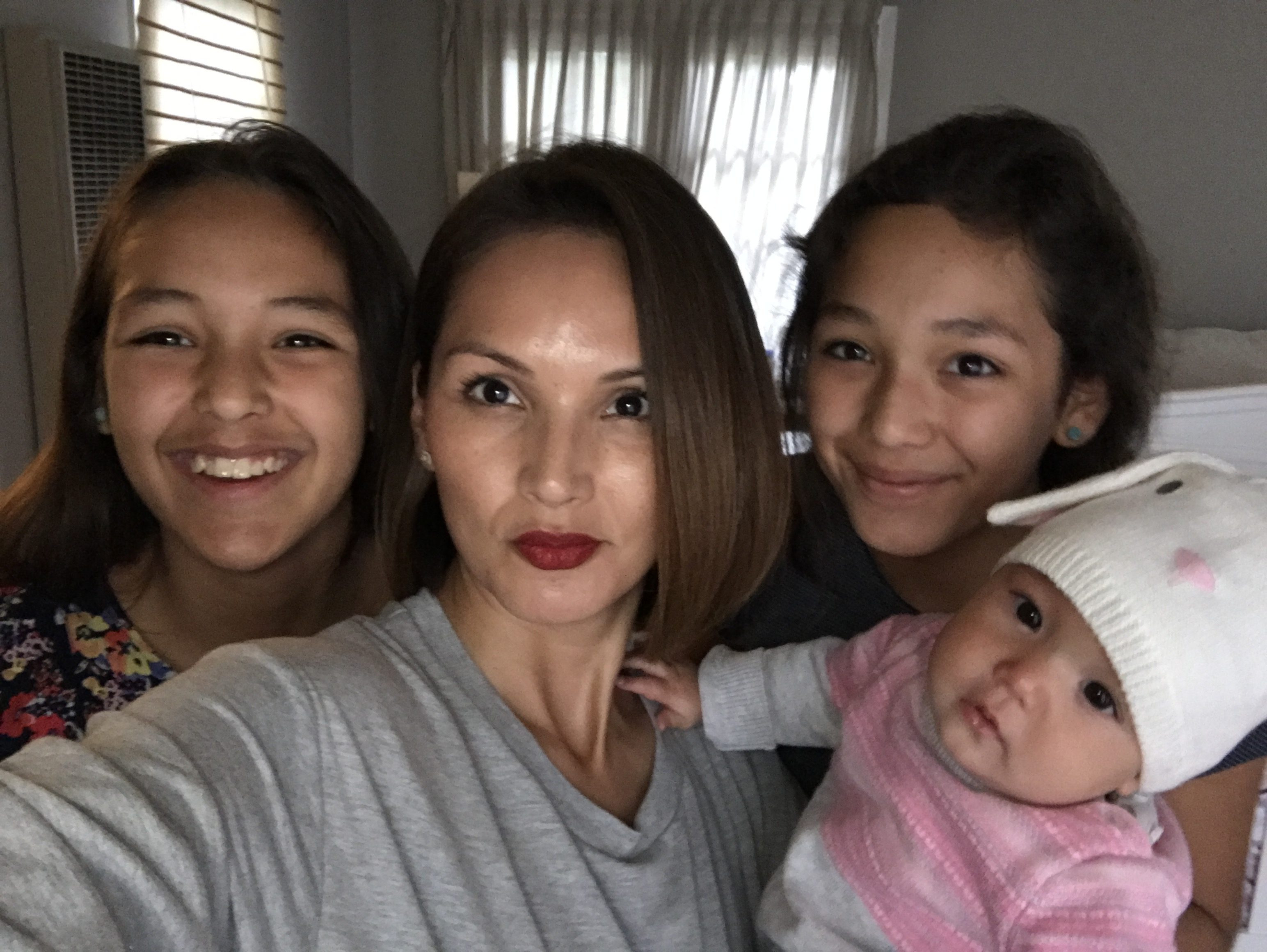I knew that life was going to fundamentally change when reports of COVID-19 projected a global pandemic, but like many Americans, I tried to shut my eyes to it as I continued with life. In the eve of winter quarter finals, my life was consumed by long hours of work at Huang basement, raw emotions and constant sleep deprivation. I was carrying 19 units with four computer science classes, and to keep from breaking down I willed myself to take it one day at a time, whispering to myself that I was almost there.
What kept me going was knowing that spring quarter was almost here. Spring quarter embodies hope, a calm over the campus, photoshoots of seniors fountain-hopping and bodies browning under the gorgeous California sun as they study on the lawn in front of Green library. And this spring quarter would also mean accomplishing a goal long deferred.
My life has taken many turns; 3 1/2 years ago it took a turn upward, as 14 years after graduating from high school I had the privilege of going back to school full time as an undergrad studying CS at Stanford University. With thick skin and mental strength acquired by experience, I was better equipped than my Latinx / first-gen peers. But in many ways, being a non-traditional transfer student (and a mom to three girls), I was even more of an outsider, even more of a square peg trying to fit into a round hole.
Walking across that stage and getting that degree would mean it was all worth it. So when Stanford confirmed all of our fears and officially canceled our commencement ceremony, it didn’t just hurt us, it didn’t just dash our dream — it dashed the dreams of our parents, our siblings and for some of us, our children.
I know that I will still get my diploma and that I will be okay. But it still feels like we have been robbed of a moment — our moment, to give our parents the greatest source of pride, seeing their first-generation, American, brown children thriving in a four-year institution and being celebrated along with white American children as equals.
Because just as this was all worth it to us in order to get that degree, for our parents — the sacrifice of immigrating to this country with nothing but the sweat and labor of their hands; the fear of living in this country and contributing to its economy while undocumented; the desaprecios from their employers; the humiliation of having to continually rely on their children to explain it in Spanish; the unceasing ache in their bent necks as they walked through life with eyes downcast — it was all going to be worth it the moment they heard their child’s name called out and saw them walk across that stage, diploma in hand.
Heads held high, broad smiles with aching cheeks, tears brimming and dressed in their Sunday best, our parents would feel the pulse of their rich cultural history and ancestry emerge. They would sheath their too-long practiced peasant shyness and would look up and exclaim to all that could hear, “That is my Susy! That is my daughter.”
And when with heavy hearts we called our parents to tell them the news, they responded quickly without missing a beat: “Mija, we are so proud of you. The graduation doesn’t matter. What matters is, que tú luchaste mija, tú lo hiciste!” And we smiled through the phone swallowing the lump in our throat knowing how much it very much did matter.
So when we say that missing out on a graduation ceremony is bigger than us, this is what we mean: We lost the opportunity to elevate our parents the way they have carried us on their shoulders our whole lives.
And while in the big picture this remains just another consequence of a terrifying global pandemic, to those of us who grew up in a small, restricted and confined existence, this was our biggest picture.
Contact Susana Benavidez at sbenavid ‘at’ Stanford.edu.
